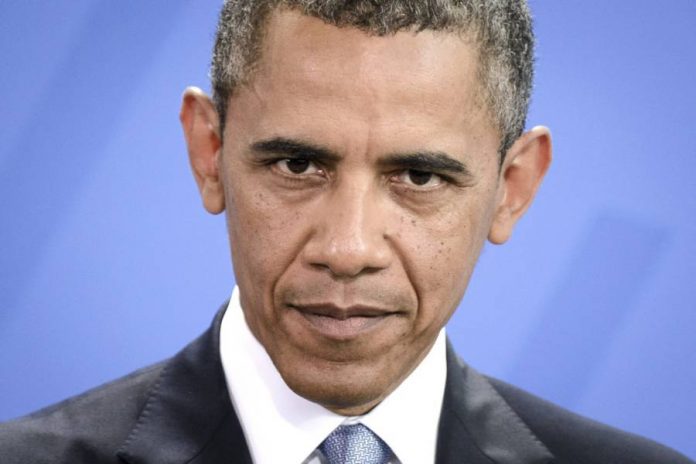
U.S. – 44th and current president of the United States of America, Barack Obama, took time during his November 17th press conference in Germany to talk about the spread of fake news on Facebook.
President Obama asked citizens to be serious about the facts and search for what is true and what is not and discriminate between propaganda and serious arguments.
Obama’s remarks are an additional backlash for Facebook after withering criticism for allowing misinformation and hoaxes go viral on the network.
The phenomenon may have influenced the judgment of millions of users ahead of the 2016 Election.
A recent BuzzFeed analysis found that top-performing fake stories got more viewers, shares, and comments on Facebook than any other outlet. Many analysts wonder if Facebook played a role in the victory of Donald Trump.
Barack Obama is taking misinformation in social media seriously
During what is probably going to be his last trip to Europe as president, Obama questioned the liability of social medias to get reliable information. He presented this argument to Germany’s Prime Minister, Angela Merkel.
Obama said there was no difference between reliable information from established news outlets and false or misleading news sources.
Obama appears to have been thinking about Facebook fake-news delivery for a while: A profile about his final days as Commander in Chief in The New Yorker said he talked “obsessively” about a BuzzFeed report on how Macedonian teens were spamming fake Trump news on Facebook and made around $5,000 profit.
The president is worried about the future of climate change policies
https://www.youtube.com/watch?v=mgzT2uP-CeM
U.S. President expressed further concern to the New Yorker editor David Remnick. He said in such a world “everything is true and nothing is true.”
He explained how a climate change explanation from a Nobel Prize-winning physicist looks the same on the Facebook newsfeed as a denial of climate change by “somebody on the Koch brother’s payroll.”
The climate change discussion gains remarkable importance during his visit to Europe, as President-elect Donald Trump plans to steer away from the Paris Agreement, the most cohesive international regulations for environmental protection.
How did fake news and hoaxes influence the 2016 elections?
Craig Silverman, BuzzFeed Founding Editor, assures the biggest 20 hits in the last three months before the elections on Facebook came from sites that published fake news or sites that posted false information that went viral.
Those 20 fake hits got more user engagement than the top 20 hits from professional news outlets.
The last days of the presidential race, an avalanche of partisan political advertisement captured the attention of millions of users. The readers were taking the “fake news” as if they were independent and credible.
The top false report included items claiming that Pope Francis had endorsed Trump, WikiLeaks proving that Hillary Clinton sold weapons to Islamic State or the story about an FBI agent investigating Clinton’s email scandal that died in a mysterious murder-suicide.
This week, Facebook and Google started to ban sites that are posting fake news from using its advertising tools to earn money, although Facebook CEO Mark Zuckerberg has denied the idea that misinformation influenced the US elections.
Source: Business Insider










